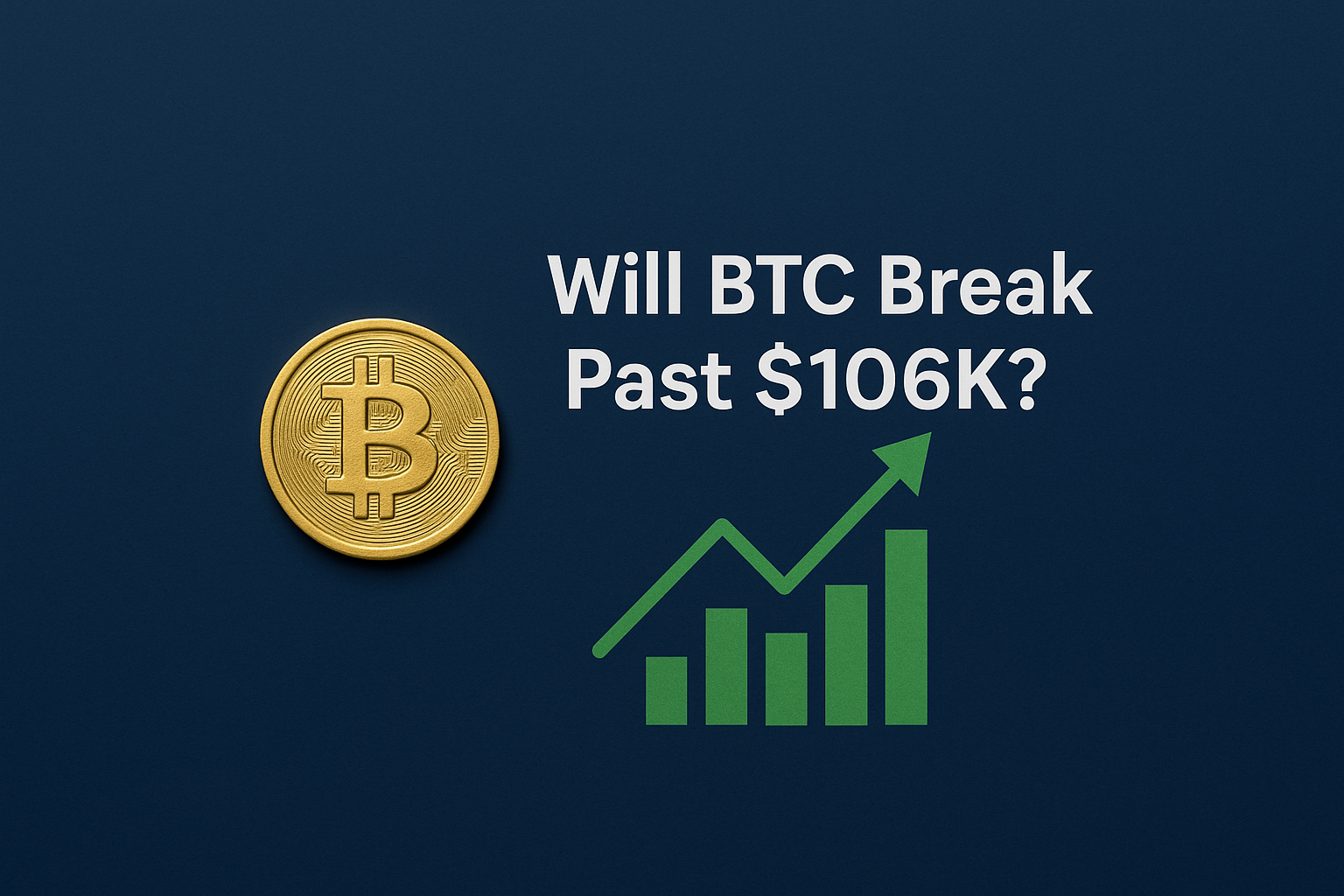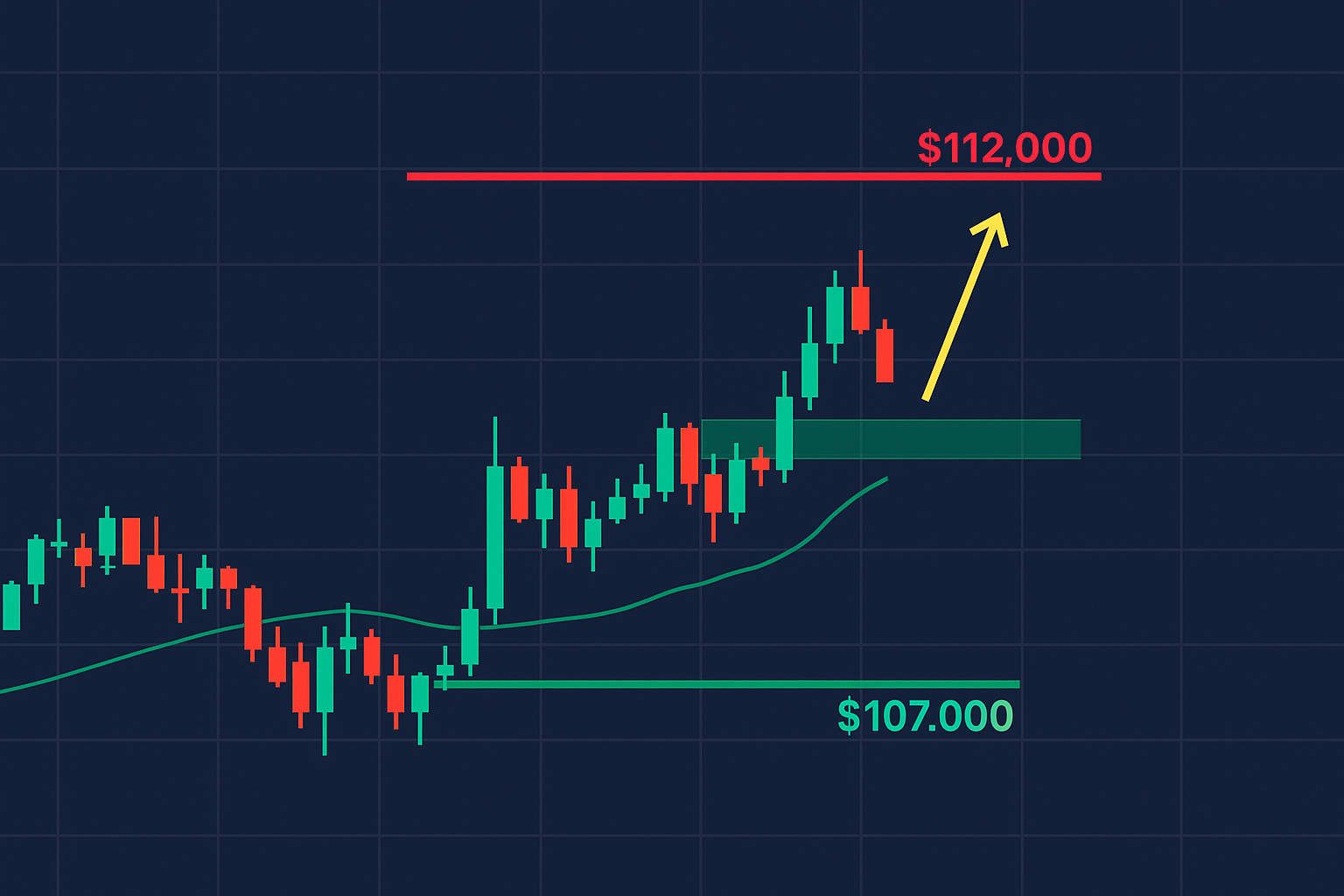Andrew Bailey, the new governor of the Bank of England since March this year, held a speech at the Brookings Institute several days ago, where he touched on several crypto topics, including Bitcoin, stablecoins, and CBDCs. During a period when Asian nations are accelerating blockchain adoption, BoE’s chief talked positively about implementing a central bank digital coin, and mentioned that stablecoins might have “useful benefits”:
Stablecoins could offer some useful benefits. For example, they could further reduce frictions in payments, by potentially increasing the speed and lowering the cost of payments, particularly if global stablecoins were to be established.
He continued to add that both stablecoins and CBDCs can co-exist and work hand in hand, either as “distinct payment options or with elements of the stablecoin ecosystem, such as wallets, providing consumers with access to a CBDC”. However, despite the massive potential of digital money, Bailey proceeded to mention that careful consideration would be required, without giving any hints the BoE might be working on such a project.
Bailey Slams Bitcoin – high-risk investment opportunity
Although the speech had positive remarks on stablecoins and CBDCs, not the same can be said about Bitcoin. Bailey’s comments were not Bitcoin or crypto-friendly, considering he mentioned there’s no connection at all to money, and the “high risk associated”.
Developments are still occurring in the crypto space, despite reluctance from central banks and governments towards crypto. Flare Networks wants to bridge XRP and ETH to bring the benefits of both ecosystems together, but ultimately, the mass adoption of crypto will require approval from central governments.
Will they give up control on monetary authorities and leave the financial system on the back of decentralized cryptocurrencies? Most financial experts believe that’s not going to happen anytime soon. On the other hand, some central banks are trying to keep up the pace with the latest developments and are implementing CBDCs to see how the public reacts. China’s PBoC is one great example but there are other institutions currently developing such digital coins.
The bottom line is that since the BoE’s governor, among others, is actively talking about crypto, central banks are aware of the disruptive effects the blockchain can have on the financial system. As a result, their only choice is to keep the pace and develop their solution, so the benefits of the blockchain could be leveraged to the max. How long will it take until decentralized money will be the new norm is still unknown, but we are moving in that direction?





















Add Comment